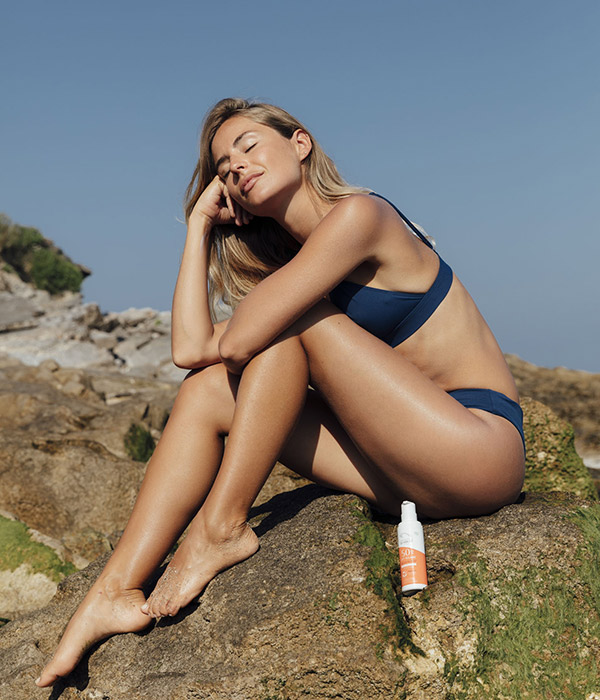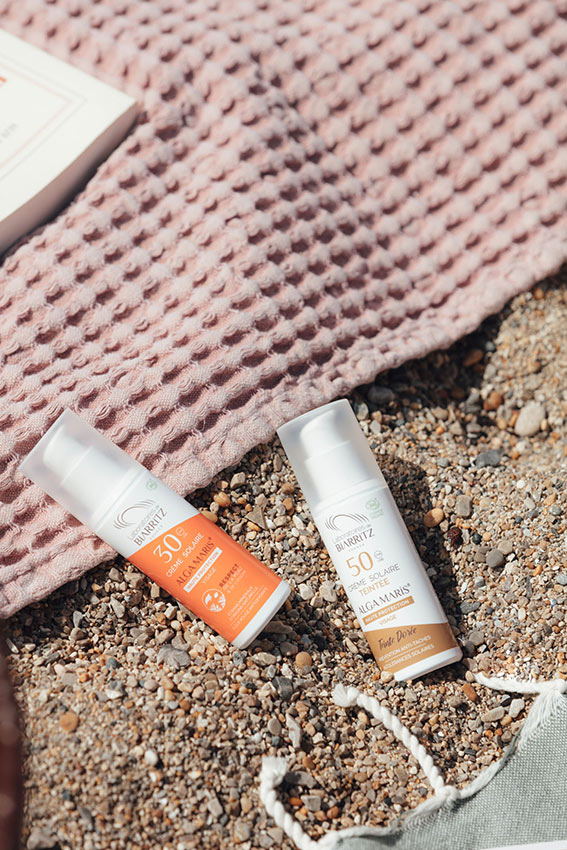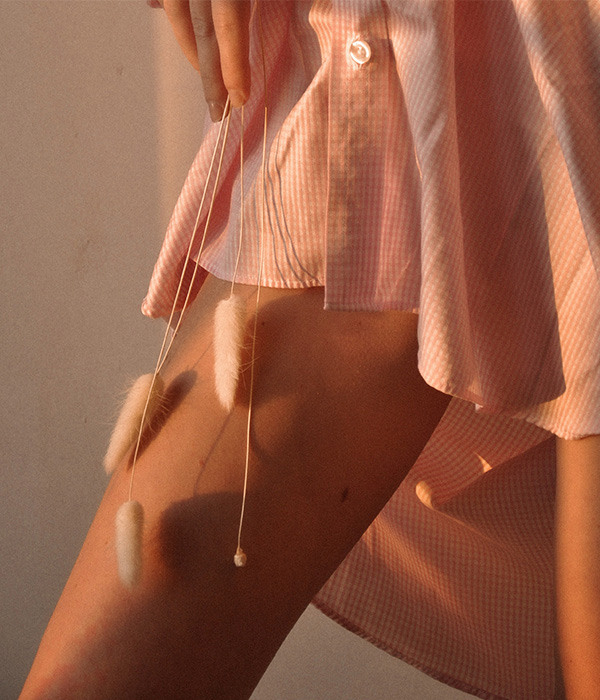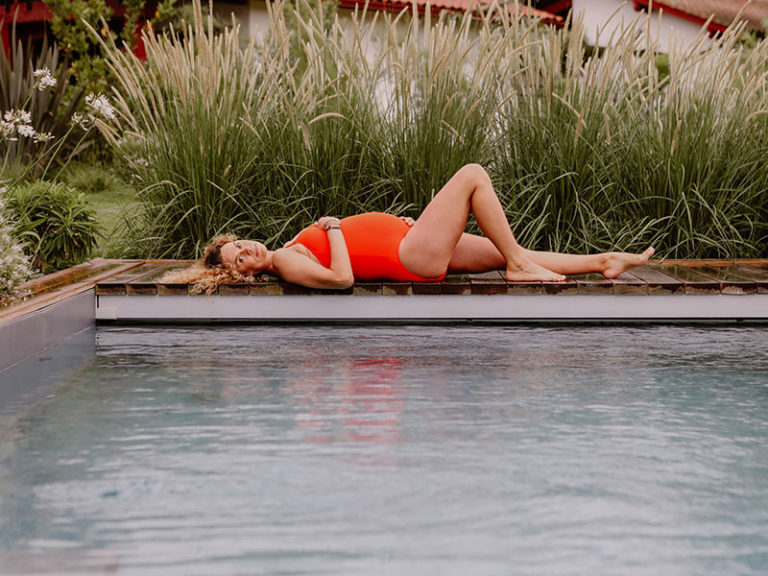While you let the sun boost your mood and improve your humor, what happens to your skin? Between UVA, UVB, hours of exposure, and sunscreen, this is what the sun really does to your epidermis.
The Sun Provides Vitamin D
The skin has natural defense systems against UV assault. Extremely well-designed, its hair, its stratum corneum, and its melanin are intelligent protective measures. These barriers are also able to get the good out of the sun. Indeed, the sun is essential for the synthesis of vitamin D, necessary for good growth and the protection of the bones.

Melanin and Skin Defense
For everything else, the sun is a false friend. Melanin is the most well-developed photoprotective system of our bodies. By itself, it is capable of absorbing 75% to more than 90% of UV rays. However, according to the skin’s phototype, this skin pigment is more or less produced. It is what is responsible for your tan in the summer. If you like having a nice tan complexion, you should remember that tanning is actually the result of a defensive reaction against the sun. Indeed, melanin is there to prevent the rays from altering skin cells.
A second natural defense mechanism also gradually develops, the thickening of the stratum corneum. At the end of the summer, the skin may be more oily, which will cause the “rebound effect” where pimples appear. But it is essential to only rely on the body’s natural protection. It is insufficient when faced with the strength of UVs. You need to help it defend itself, by avoiding going outside during the hottest times of the day and protecting yourself with sun care products with SPF50+, SPF50, or SPF30 at the least. The lighter the color of the skin, the higher the SPF should be.

Sunburn and Allergies
The sun causes the production of melanin, but it also deeply affects the skin. The skin should only be exposed to a limited amount of UVs to limit the risk of permanent damage. Your genetic heritage will determine how much UV your skin can handle, but the period with the longest repercussions occurs before the age of 20. Afterwards, the skin can be the object of premature aging caused by the appearance of wrinkles and fine lines, but also brown pigmentation spots also known as solar lentigo. These spots do not appear after initial exposure. They appear over time, with increased risk with increased exposure. Another, more dire consequence of too long, excessive exposure, or multiple sunburns during childhood is an increased risk of developing skin cancer. Be very careful.

Premature Aging and Spots
The other well-known biological reaction is sunburn. It is a sign of inflammation of the skin at depth. The burn can be of varying intensity, from erythema all the way to third-degree burns (requiring emergency care). It is not just at the surface of the skin, the layers below can also be damaged. In this case, it can have long-term consequences. Summer polymorphous light eruptions are a form of allergic reaction caused by exposure to sunlight. It is characterized by small pimples, redness, or even red papules in exposed areas: the chest, the shoulders, or the arms.

Pregnancy and Melasma
The sun should be totally avoided when following a photosensitizing medical treatment. It should also be avoided during pregnancy. After the 4th month, but not only, the sun can provoke overproduction of melanin and the appearance of pigment spots notably on the forehead, nose, cheekbones, or upper lip. This is called melasma. It is caused by hormonal disruption and the increase in the content of hormones like estrogen.
The name of the game? Do not overexpose, go in the sun as little as possible, and wear a high SPF sunscreen product..

La crème de Biarritz: all the benefits of the ocean in one container
Ever dream of a single skincare product that provides all the benefits of the ocean's magic? Well, ...
Replenishing Face Serum: A Hyaluronic Acid Must-Have
Skincare using hyaluronic acid is increasingly sought after. But what is it exactly, and what sets o...
Our top tips for lifelong firm and healthy skin
As time goes by, your skin changes... Skin aging is a natural process that we can’t stop, but, with ...
Hydration, protection and radiance: our team’s favorite skincare picks for the new season!
As the seasons turn and your memories of a well-deserved vacation begin to fade, don't despair! Our ...